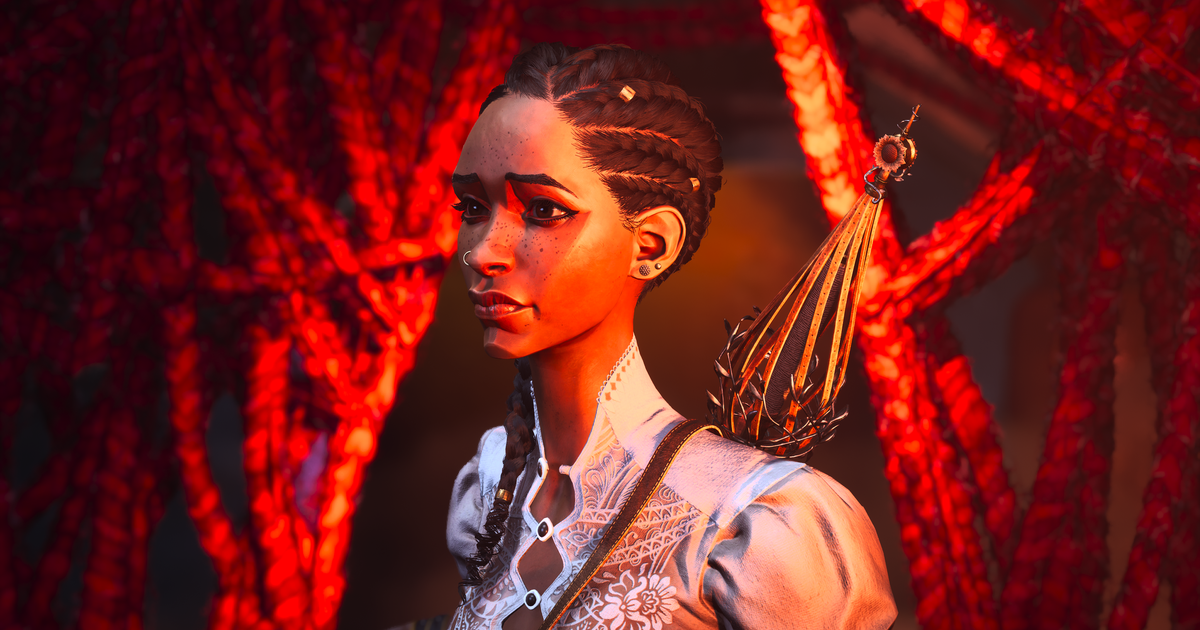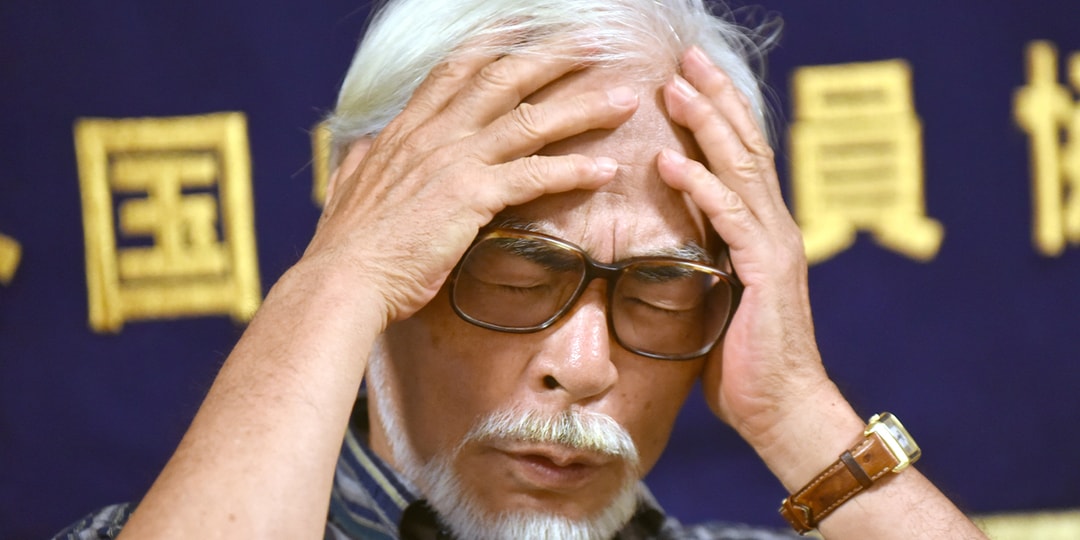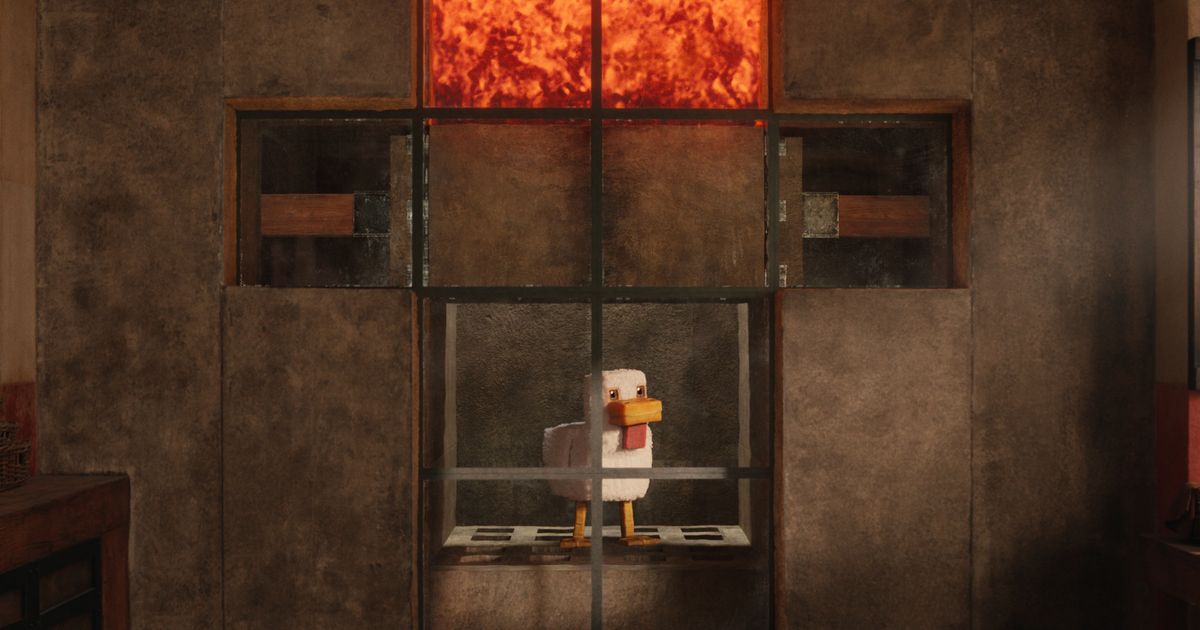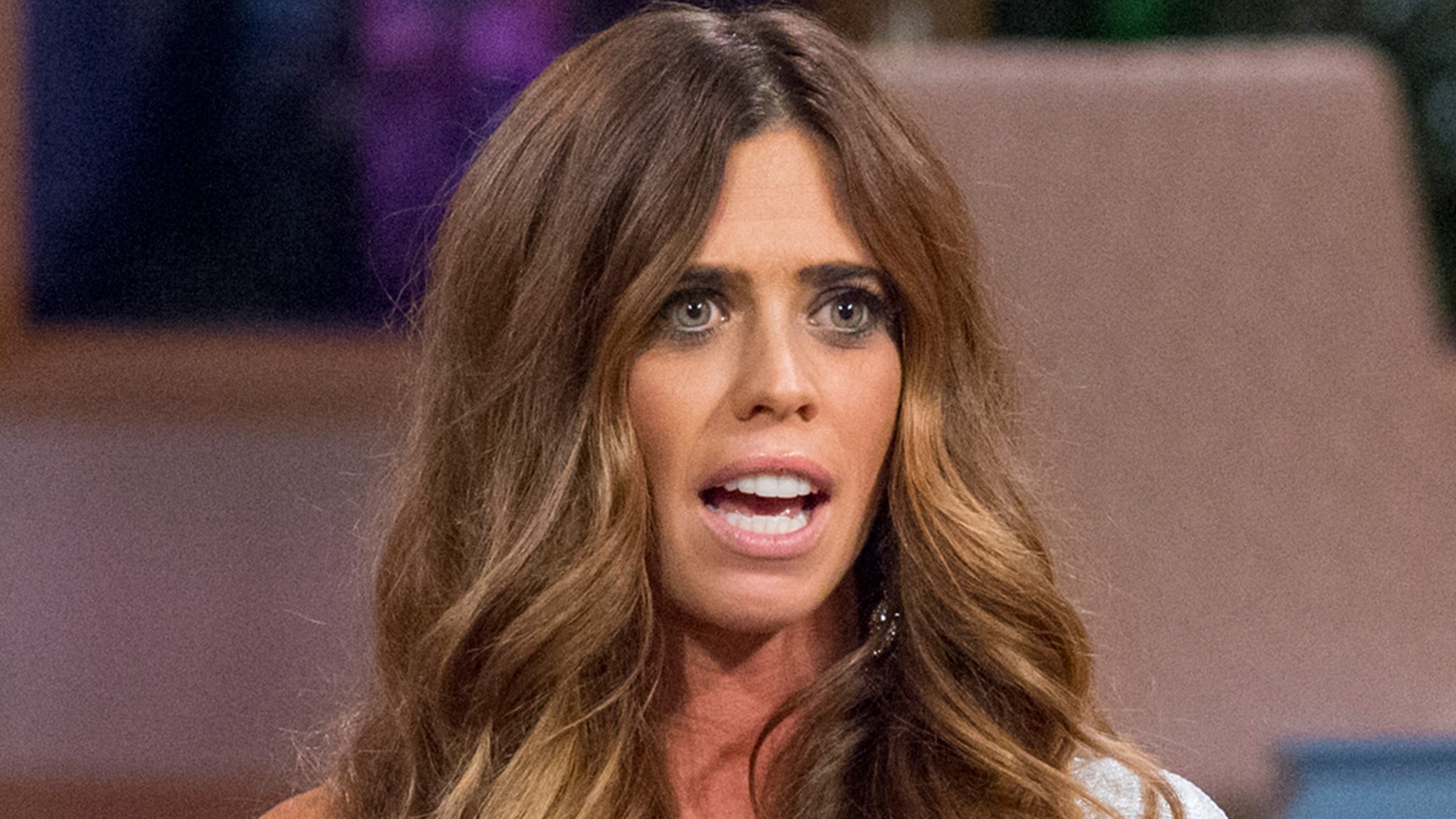How 'Deaf Rage' Inspired a Groundbreaking Sign Language Thriller
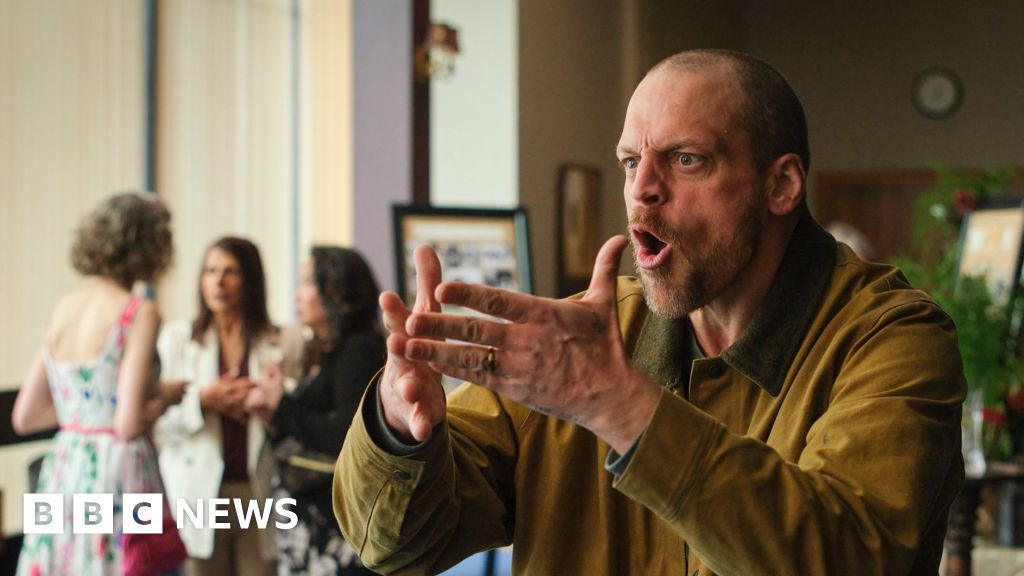
In an insightful conversation with the BBC, William Mager, the writer of the new BBC thriller Reunion, described a unique motivation behind his latest work. As a deaf individual, Mager experiences daily reminders of his deafness, which can manifest in various challenging situations. He pointed out that these moments can be as trivial as having to attend medical appointments where interpreters are unavailable, or as profound as being excluded from crucial decisions regarding ones own life. Mager explains that these cumulative experiences foster a deep sense of injustice, a sentiment that artist Christine Sun Kim has aptly termed "deaf rage." This concept encapsulates the frustration and isolation many deaf individuals feel in a world that is predominantly designed for the hearing.
Drawing from this emotional depth and his admiration for 1970s thrillers, Mager crafted Reunion, a bilingual drama that intricately weaves British Sign Language (BSL) with spoken English. Notably, the majority of the cast members are either deaf or proficient in BSL, ensuring authenticity in the portrayal of the deaf experience. This four-part series, produced by the creators of Adolescence, follows the intense journey of Daniel Brennan, portrayed by Matthew Gurney, a deaf man who seeks vengeance after spending a decade behind bars.
In reflecting on his cinematic influences, Mager expressed a desire to reimagine classic thrillers such as Get Carter and The Outfit, which often feature "intimidating men in stylish attire" on revenge missions. He aims to infuse the deaf experience into these narratives, stating, "Reunion starts out like those classic thrillers, but ends up in a very different place." As viewers follow Brennan's quest to track down a mysterious figure known only as Monroe, they gradually uncover a painful secret he harbors, alongside his struggles in seeking justice in a world that often overlooks the deaf perspective.
The critical reception of Reunion has been overwhelmingly positive. The Guardian commended the performances in the show as "outstanding," highlighting the fluid transition between signed and spoken language. Similarly, the Independent praised the series as "groundbreaking" in its approach to storytelling and representation. Mager emphasized that the show not only addresses unique issues faced by the deaf community but also provides vital opportunities for deaf creatives both in front of and behind the camera.
Communication stands as a central theme within Reunion, with the narrative illustrating the various struggles characters face in this regard. A poignant scene depicts Brennans daughter, Carly, conveying distressing news to her parentsinformation typically delivered by professionals but often falls to family members in the absence of interpreters. Mager shared a personal anecdote, revealing that his wife recently had to interpret for her mother during a hospital visit due to the lack of an available interpreter. He noted, "Unfortunately, that's still the reality today," highlighting the burden placed on deaf individuals who frequently depend on others to articulate their needs and feelings. This reliance can be particularly difficult, as it strips away the autonomy deaf individuals have over their own narratives.
Additionally, Mager seeks to raise awareness about literacy challenges faced by deaf children. A critical element of the plot involves Brennans inability to read or write in English, which, combined with the prison's failure to provide interpreters, leads him to miss vital correspondence from his daughter and remain uninformed about his case. Mager pointed out that many deaf children often lag behind their hearing peers in educational settings, particularly in reading and writing skills. He attributes this disparity, in part, to language deprivation, which emerges when deaf children lack access to the language they are most comfortable with from an early age. Simon Want from the National Deaf Children's Society reinforces this perspective, stating that significant barriers persist in ensuring deaf children obtain a quality education.
On a more optimistic note, Mager expressed his joy in witnessing both deaf and hearing actors breathe life into his script. The production saw deaf first assistant director Sam Arnold collaborate with hearing first assistant director Alex Szygowski to effectively communicate directions to the cast and crew. Moreover, hearing actors such as Anne-Marie Duff and Lara Peake dedicated themselves to learning sign language for their roles. Mager remarked, "My favorite thing about making Reunion has been to see the genuine enthusiasm and excitement of the cast and crew." Looking ahead, he expressed hope that the series will "open a door" for aspiring deaf creatives in the film industry. "I hope that door stays open long enough for more people to pass through it and find creative and fulfilling careers," he concluded.

















